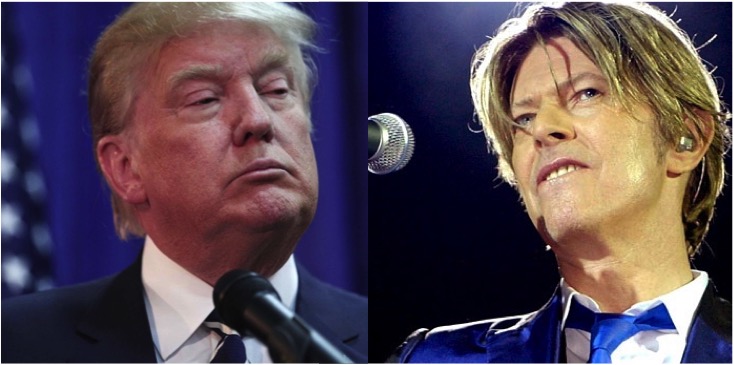
Fear. Once it takes hold of you, that powerful emotion is nearly impossible to control. That’s no accident. Fear and the fight-or-flight response it induces have been fundamental to human survival for millions of years. Without it, none of us would be here.
So it should come as no surprise that fear has a profound influence on our behavior and decision-making – not just yours and mine but our business and political leaders, too. In other words, our response to fear plays a critical role in our lives, our economy and our culture.
As we face a growing terrorist threat, a slowing global economy, stagnant wages, skyrocketing costs and a spiraling stock market – all during an election year – there’s little doubt that fear will influence the choices we make to ensure our safety and prosperity. And it should.
If any of those issues raise your level of anxiety even a little, you’re certainly not alone. I’m sure every reasonable person this side of utopia feels the same way. But it’s the decisions we make in response to fear that will determine the outcome.
Consider this. If concern for our safety and prosperity motivates the majority of Americans to vote for Donald Trump as president – after all, he certainly claims to be the one who can save us from all those threats – that would clearly take the nation in a different direction than if we elected a more moderate candidate.
While the Donald’s detractors might say his meteoric rise in the polls is a gross overreaction to our current situation – that it’s a result of fear mongering, that things aren’t as bad as he says they are – his supporters would argue that burying your head in the sand instead of facing real threats head-on is a far more irrational reaction.
That example alone demonstrates how drastically different responses to fear can lead to vastly different outcomes and change the course of an entire culture.
In last week’s Wonder Land column, The Wall Street Journal’s Dan Henninger suggested that the Trump phenomenon is a revolt against political correctness. That middle-class voters are fed up with being bullied into silence over controversial issues while the permanent political class does little more than run for reelection (my words, not his). He goes on to say that the election hinges on two big issues, “a weak economy and global chaos.”
While political correctness has long been a thorn in the side of many if not most of us, I think the magnitude of the issues at hand speaks to a more emotional component: concern for our children’s and our nation’s future. Make no mistake, Americans aren’t just fed up with Washington’s chronic incompetence and dysfunctionality. They’re worried about it. And if they appear angry, that’s a response to fear.
After all, politicians know how motivating fear can be. They proactively use fear mongering tactics to expand their already bloated budgets. That’s why we’re all being legislated, regulated and administrated to death by crushing big government bureaucracy. And they themselves are motivated by fear. They appear to be more worried about keeping their jobs, their political clout, and the material perks that go with it than doing what’s right for their constituents.
Not to just pick on the politicians. While most corporate executives work hard to serve the interests of their stakeholders, they’re certainly not immune to the influence of fear. When CEOs face imminent threat from activist investors seeking short-term value creation, too many give into fear, kowtow to their demands, and do a little financial engineering to keep their cushy corner office jobs. Thus the visible increase in hedge fund-inspired corporate splits, sales, spinoffs, mergers and inversions.
On the other hand, if you watch the video of Lazarus from David Bowie’s new album, Blackstar – released just days before the iconic pop star succumbed to cancer – you’ll see a powerful example of uncommon courage in the face of the most terrifying human fear, mortality. Indeed, Bowie died as fearlessly as he lived.
That reminds me of Steve Jobs, who, after battling pancreatic cancer, said, “Remembering that you are going to die is the best way I know to avoid the trap of thinking you have something to lose,” in a 2005 Stanford University commencement speech. He went on to create the iconic iPhone and iPad before dying in 2011.
The human response to fear may have originated millions of years ago, but just because man no longer has natural predators doesn’t mean we no longer need to heed our gut instincts. For modern man, fear can be friend or foe. Our response to fear can influence outcomes for individuals, companies and entire nations … for better or worse.
In an era where so many leaders give in to fear, that certainly creates opportunity for those with the courage, strength and ethics to face their fear and do what’s right for their constituents and stakeholders.
A version of this originally appeared on foxbusiness.com.
Image credit: Brian Rasic/Rex Features (David Bowie)